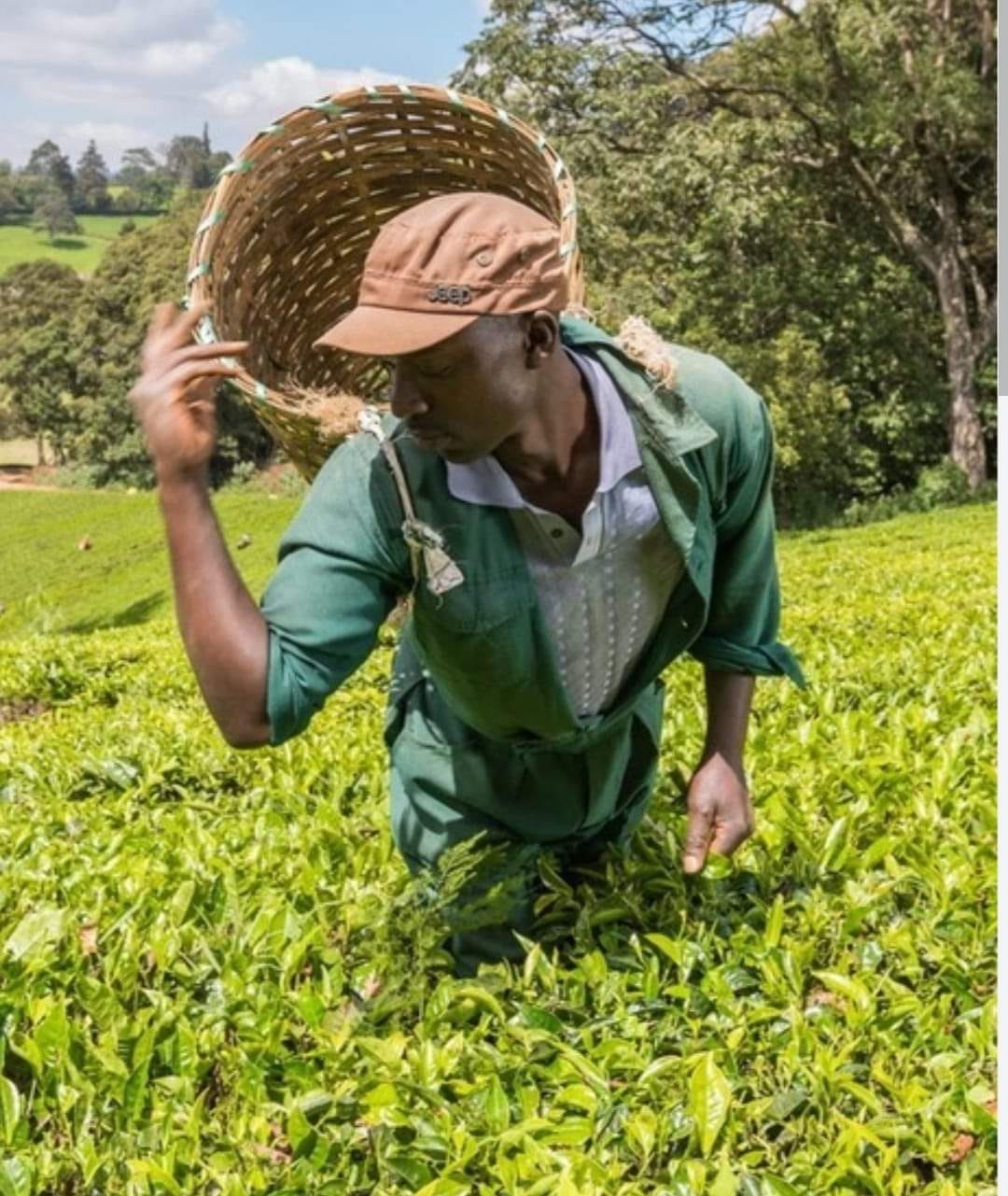By Fred Sitati
In the recent past, the cooperative movement has lost two flagship cooperative institutions to the state through expropriation. These cooperatives are Kenya Cooperative Creameries (KCC) and Kenya Planters Cooperative Union (KPCU).
KCC was renamed New KCC while KPCU was rebranded to New KPCU Ltd. The new effect of this change is that the two entities are now state corporations enjoying funding from the national treasury though they are supervised by the state department of cooperatives (SDC) under the parent Ministry of Agriculture, Livestock, Fisheries and Cooperatives.
The reasons given for such decisions include purported lack of capacity by the cooperatives to effectively manage the affected enterprises! The two questions that arise are: to what extent are the cooperators’ interests safeguarded through such institutional changes and who are these parastatal heads answerable?
It is necessary to appreciate the reasons for the fundamental changes in these pioneer cooperatives that had for many years been the flagship cooperatives in the country.
It will be recalled that the govt’s declared policy from the mid-80s was privatization of the economy as proclaimed by the Structural Adjustment Programmes (SAPs) that sought to significantly reduce the roles of gov’ts in policy formulation and that sought to create enabling environments for the private sector to drive the economies.
That policy shift was lauded as a game changer and the Cooperative Societies Act of 1966 gave the Commissioner of Cooperatives power to appoint management commissions to replace elected management. It was applied till 1997 when parliament replaced it.
We should be concerned that while the 1997 Act sought to grant the cooperative movement some autonomy and independence in line with the cooperative principle no.3, all these gains are now being rolled back through expropriation of cooperatives by the State.
Cooperative governance policies obligate cooperative leaders to do annual statutory audits and present them to members within a time frame of four months upon closure of the financial year. The same is not the case with parastatals which are more often than not audited after the lapse of many years due to limited capacity at the offices of the Auditor General (Corporations).
Such belated audits are only interrogated by Parliament as part of their routine oversight mandates yet dairy and coffee farmers have no direct stake or voice on the performance of enterprises run by the State.
Despite the fact that the government might justify the grounds for expropriation, it puts into question the suitability of cooperative institutions exclusively formed to serve these important sub sectors of our economy.
The act of the state taking over cooperatives sets a poor precedent and sends wrong signals since two wrongs can’t make a right. It gets worse when those appointed to manage such parastatals owe their allegiance to the appointing authorities and not to farmers who toil and moil to deliver their produce to their primary cooperatives.
We want to see our cooperative institutions execute their lawful mandates with minimal gov’t involvement. In cases of mismanagements, they should be dealt with expeditiously, firmly and with finality so as to safeguard the interests of the ordinary farmers.
The global cooperative community will be trooping to Seoul, South Korea this December to participate in the 33rd World Cooperative Congress (WCC). The theme of the Congress is “Deepening Our Cooperative Identity”!
It is ironical that as we seek to entrench the cooperative business model, we are ceding our turf and influence to gov’t parastatals that do not practice our cooperative philosophy!
It is time for cooperatives to professionalize their management that is devoid of malpractices that have continued to be hallmarks in some cooperative enterprises in this country!



